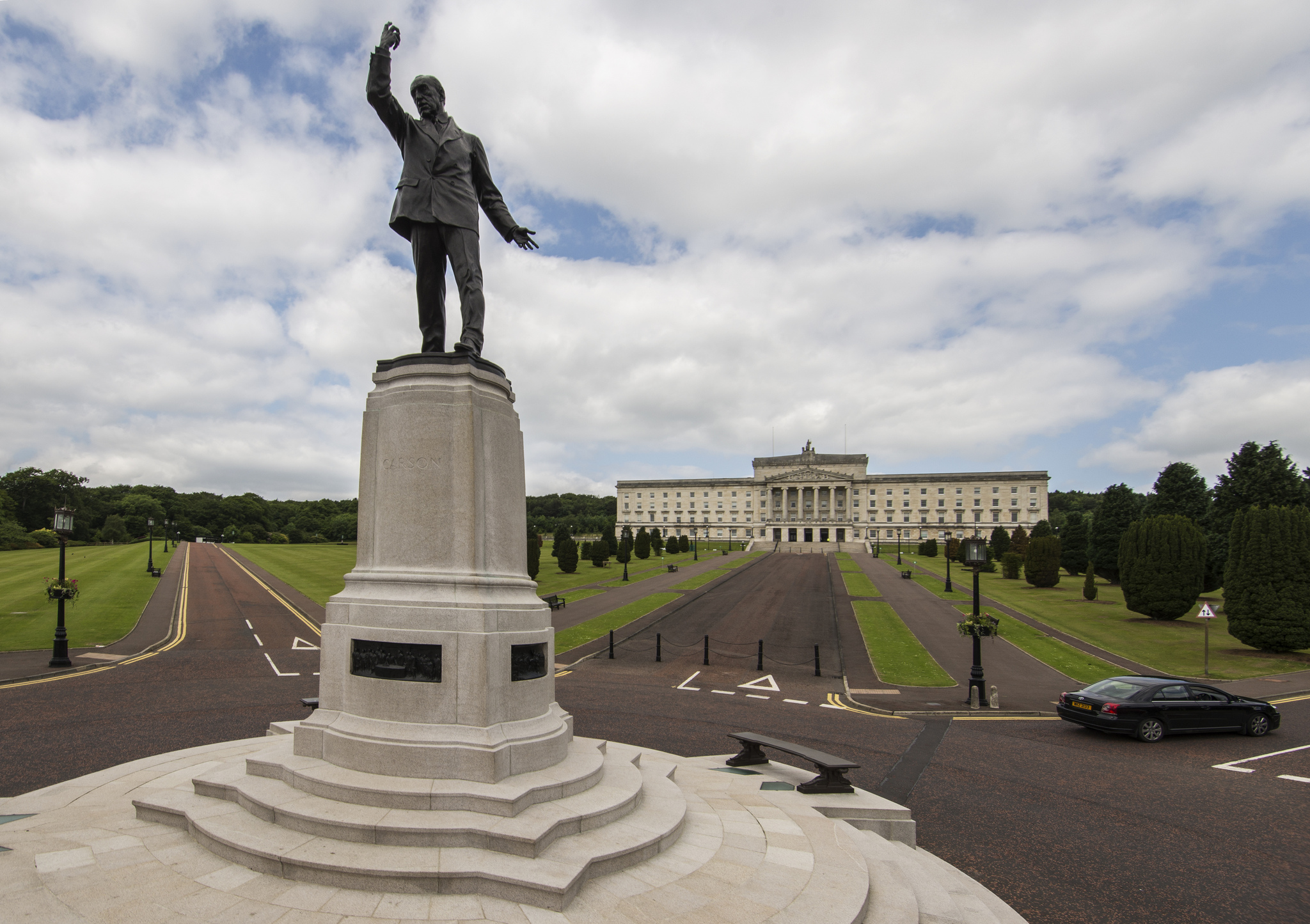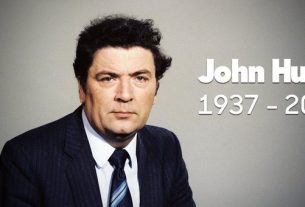Vital education, health and housing reforms in Northern Ireland are being thwarted by the power vacuum at Stormont, the province’s top civil servant has said.
The devolved power sharing Government of Northern Ireland collapsed in January last year after a row between the two main parties.
With the Westminster government unwilling to reimpose direct rule, civil servants have been making day-to-day calls on running public services.
But they cannot decide on major projects, some involving millions of pounds, which must be approved by the suspended executive body.
Almost two years on, the head of the Northern Irish civil service David Sterling says key initiatives are in limbo because there is no minister to make a decision on them.
Talks to resolve the impasse between Sinn Fein and the Democratic Unionist Party have failed and Mr Sterling says this threatens long-awaited public service reforms.
He warned that with no way to approve significant spending plans, social housing is deteriorating due to a growing backlog of planned maintenance.
The situation will continue to get worse and there is a ‘real prospect’ that the Northern Ireland Housing Executive could be forced to start mothballing properties, Mr Sterling said.
He added that a ‘fundamental restructure’ approved by before the shutdown was needed and the problem could not be solved by additional expenditure alone.
This is because approval is needed to implement plans by the Department for Communities and the Housing Executive to attract funding from a number of sources.
This cannot be done until the power sharing assembly is restored and Mr Sterling said the same problem was affecting the future of education and health services.
Education officials had drawn up proposals to tackle systemic funding issues affecting Northern Ireland schools which are now gathering dust, he added.
The programme will ‘quickly reach the point where significant policy decisions, or perhaps legislation, are needed,’ said Mr Sterling.
“That in turn needs an education minister, an executive and an assembly providing strong direction and leadership,” he added.
“Without this, the necessary transformation will not happen and it will be our children who will be the losers.”
Northern Ireland’s health service faces a similar problem, as a transformation plan approved in 2016 has only been partially put into action by civil servants.
It had been agreed that extra cash is needed to complete it, but with no executive there is a ‘significant gap’ between what is required and what is available, he said.
The split that led to the collapse of power sharing was over several issues, most notably Sinn Fein demands for legislation to give the Irish language official status.
Talks to resolve the issue have also covered the introduction of same sex marriage rights and how to run investigations into murders during Northern Ireland’s troubles.




